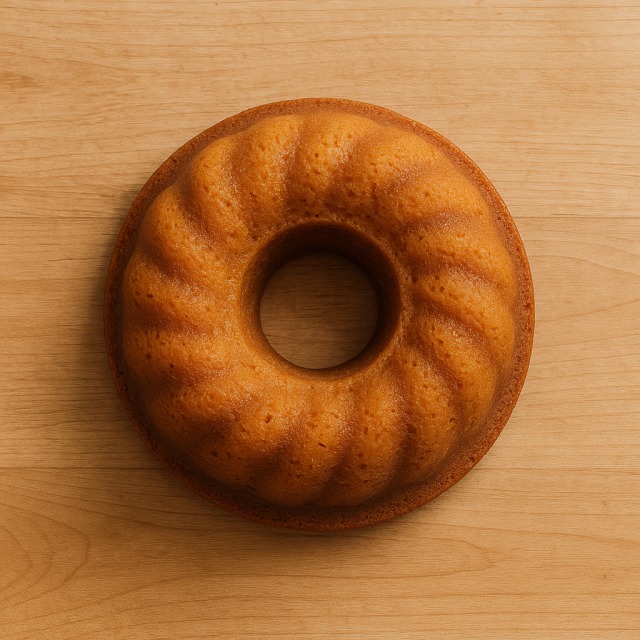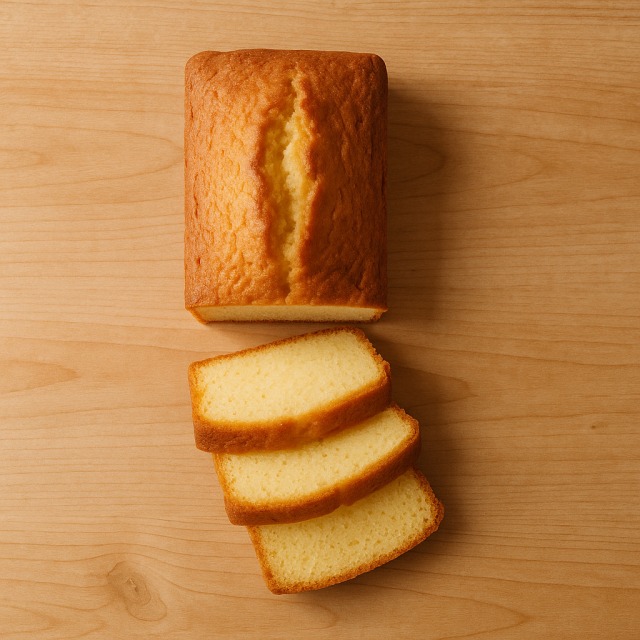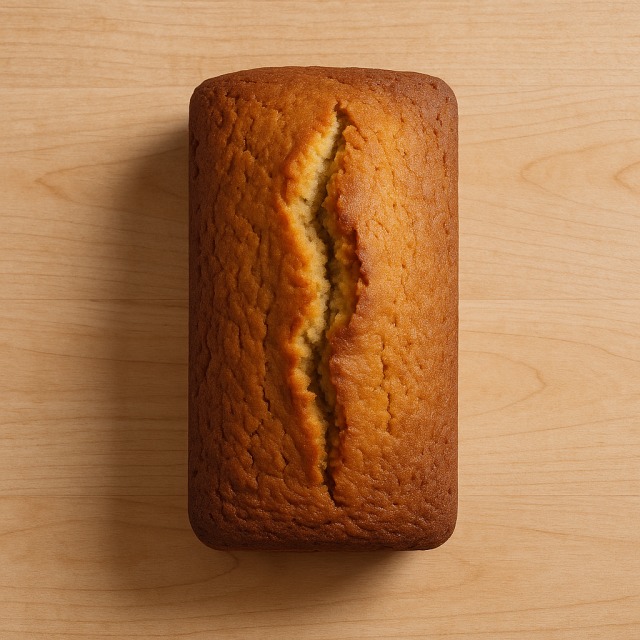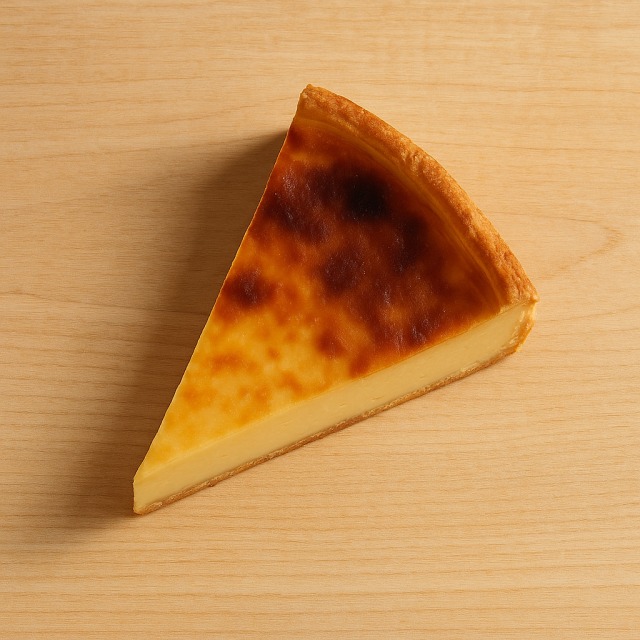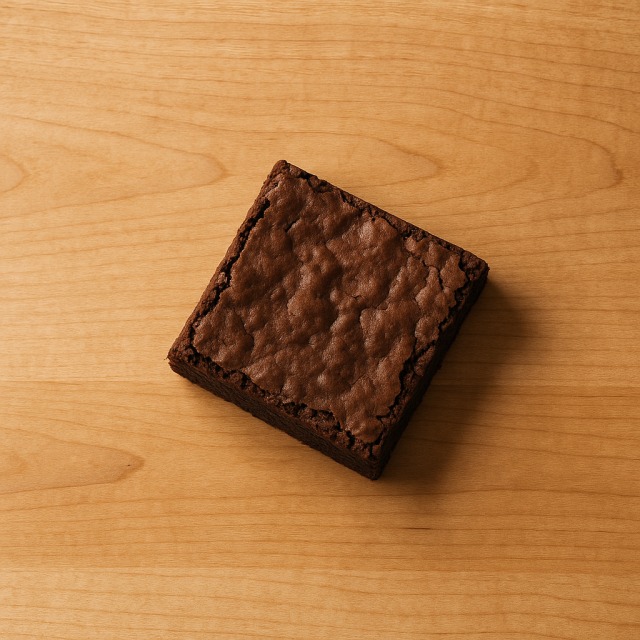Calorie Chart / Breakfast, Snacks / Muffin
How Many Calories Are in Muffin?
Calculation of the nutritional value & Recommended Dietary Intake of muffin
For g and a calorie requirement of kcal
| Calories 177 kcal | Proteins 4 g | Lipids 7 g | Carbohydrates 25 g |
| 9% | 5% | 10% | 9% |
Health benefits of muffin
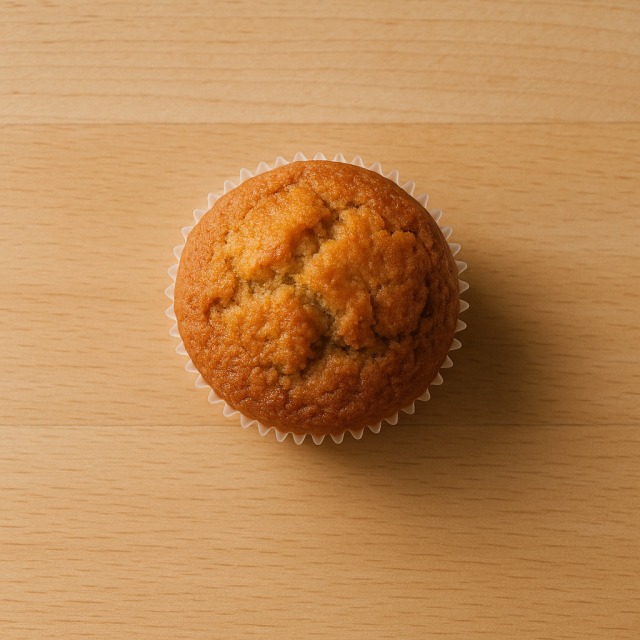
Muffin - 100g
Calories 354 kcal
Proteins 8 g
Lipids 14 g
Carbohydrates 49 g
With about 354 calories per 100 g, the muffin clearly belongs to the high-calorie family of pastries. Those calories come mainly from carbohydrate-rich wheat flour (49 g of carbs) and butter or oil that adds lipids (14 g). Although its calories are high, the muffin still supplies small but useful amounts of B-group vitamins such as thiamine (B1) and riboflavin (B2) from flour, plus vitamin B12 from eggs and milk. Iron, phosphorus, and calcium are the main minerals present, contributing to oxygen transport and bone health. The eggs also bring 8 g of proteins, giving the muffin a more balanced nutrient profile than many other sweets of similar calories. Finally, the baking process dates back to 18th-century England; the name probably comes from the French "moufflet," meaning soft bread—an anecdote that helps explain why this high-calorie treat is appreciated for its tender crumb.
Variants such as the blueberry muffin add polyphenol antioxidants coming from the linked fruit blueberry, while whole-wheat versions raise fiber content without markedly lowering calories. Whatever the recipe, remember that portion size matters: one average 80 g muffin already delivers roughly 280 calories, so two small muffins may exceed the calories of an entire savory lunch.
Tips for incorporating muffin into a balanced diet
Because muffins are dense in calories, the key is portion control and smart pairings. At breakfast, combine one small muffin with a protein-rich side like a bowl of yogurt or a slice of ham hock to increase satiety without piling on extra calories. A cup of unsweetened coffee or tea adds virtually zero calories and balances the sweetness.
If you bake at home, replace part of the white flour with oat flakes (oat flakes) and swap butter for light margarine (light margarine) to shave off calories while keeping moisture. Adding grated carrot or mashed banana boosts texture, vitamins, and natural sweetness, allowing you to reduce added sugar and therefore calories.
For a balanced snack, pair half a muffin with fresh fruit such as apple slices and a handful of almonds. The fiber, healthy fats, and proteins will slow down the absorption of muffin calories and avoid blood-sugar spikes. At brunch, serve savory muffins flavored with spinach and feta; they match nicely with a side salad and keep total calories moderate compared with pastries like croissant or brioche.
Frequently Asked Questions
- How many calories are in a muffin?
- There are 354 kcal per 100 g, meaning one standard 80 g muffin supplies roughly 280 calories.
- Are muffins good for weight loss if I count calories?
- A muffin can fit into a weight-loss plan, but its 354 calories per 100 g make portion size crucial. Opt for mini muffins or share one to keep calories under control.
- Which has fewer calories, a muffin or a brownie?
- Average brownies contain about 410 kcal per 100 g, so a muffin usually delivers fewer calories, but differences depend on exact recipes.
- Does a blueberry muffin have more calories than a plain muffin?
- Adding fruit adds natural sugars but also moisture, so blueberry muffins often match plain muffins for calories or are only slightly higher—around 360 kcal per 100 g.
- How can I reduce calories when baking muffins at home?
- Use whole-wheat flour, applesauce instead of half the fat, and reduce sugar by 20%. Each tweak can cut 30–50 calories per muffin.
- Is a muffin a better post-workout snack than a banana?
- A muffin supplies fast carbs and some proteins, yet its higher fat means more calories; a banana offers fewer calories and faster digestion. Combine half a muffin with a banana for balanced recovery.
- Do gluten-free muffins have fewer calories?
- Gluten-free flours often require extra fat or sugar, so calories are usually similar; always check the label to compare calories precisely.
- Can I freeze muffins without changing their calories?
- Freezing does not alter nutrient composition or calories; it simply preserves the muffin until you are ready to enjoy those same 354 calories per 100 g.
Similar foods
Information provided by Calorie Menu may contain inaccuracies or errors. It cannot, under any circumstances, substitute medical advice or medication.
